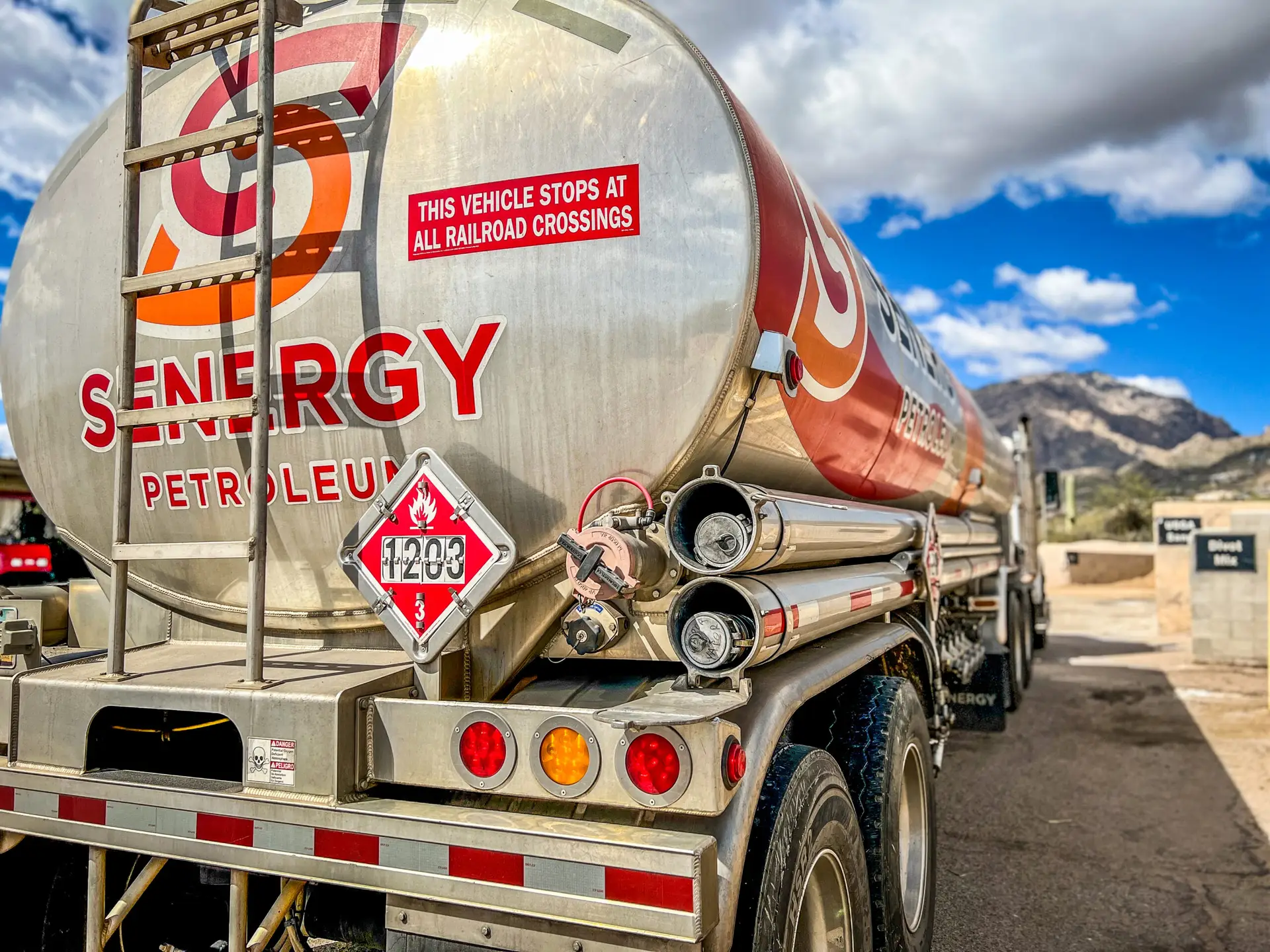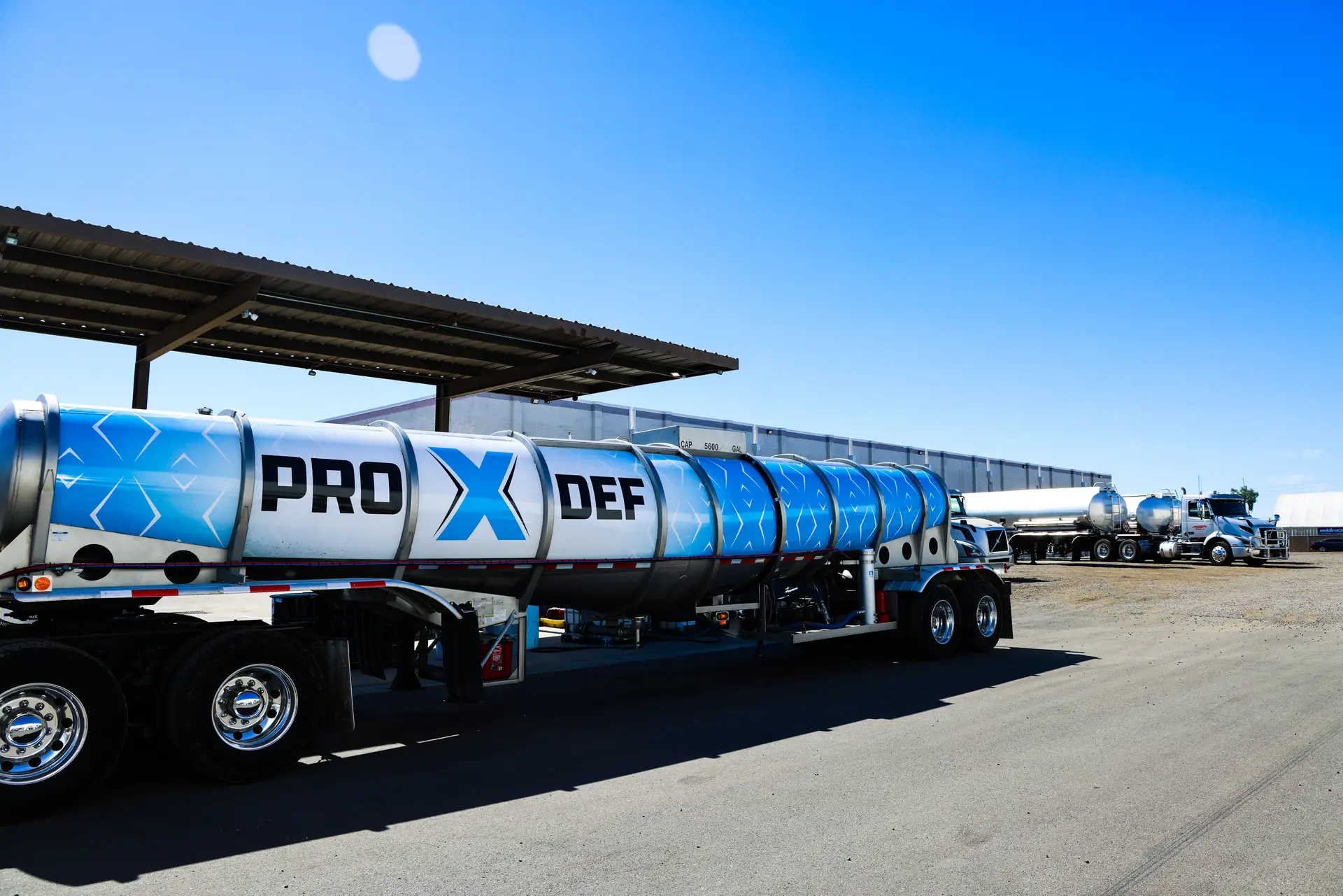Diesel Exhaust Fluid (DEF) is more than just a maintenance requirement—it’s a critical part of fueling strategies that keep fleets running at peak performance. Integrated correctly, DEF ensures modern diesel engines operate efficiently, minimizing costly disruptions. For industries like agriculture, government operations, and fuel stations, understanding how to manage DEF as part of overall fueling practices helps prevent engine derates, shutdowns, and unexpected downtime. Incorporating DEF management into fueling routines is a key step in maximizing fleet productivity and profitability.



